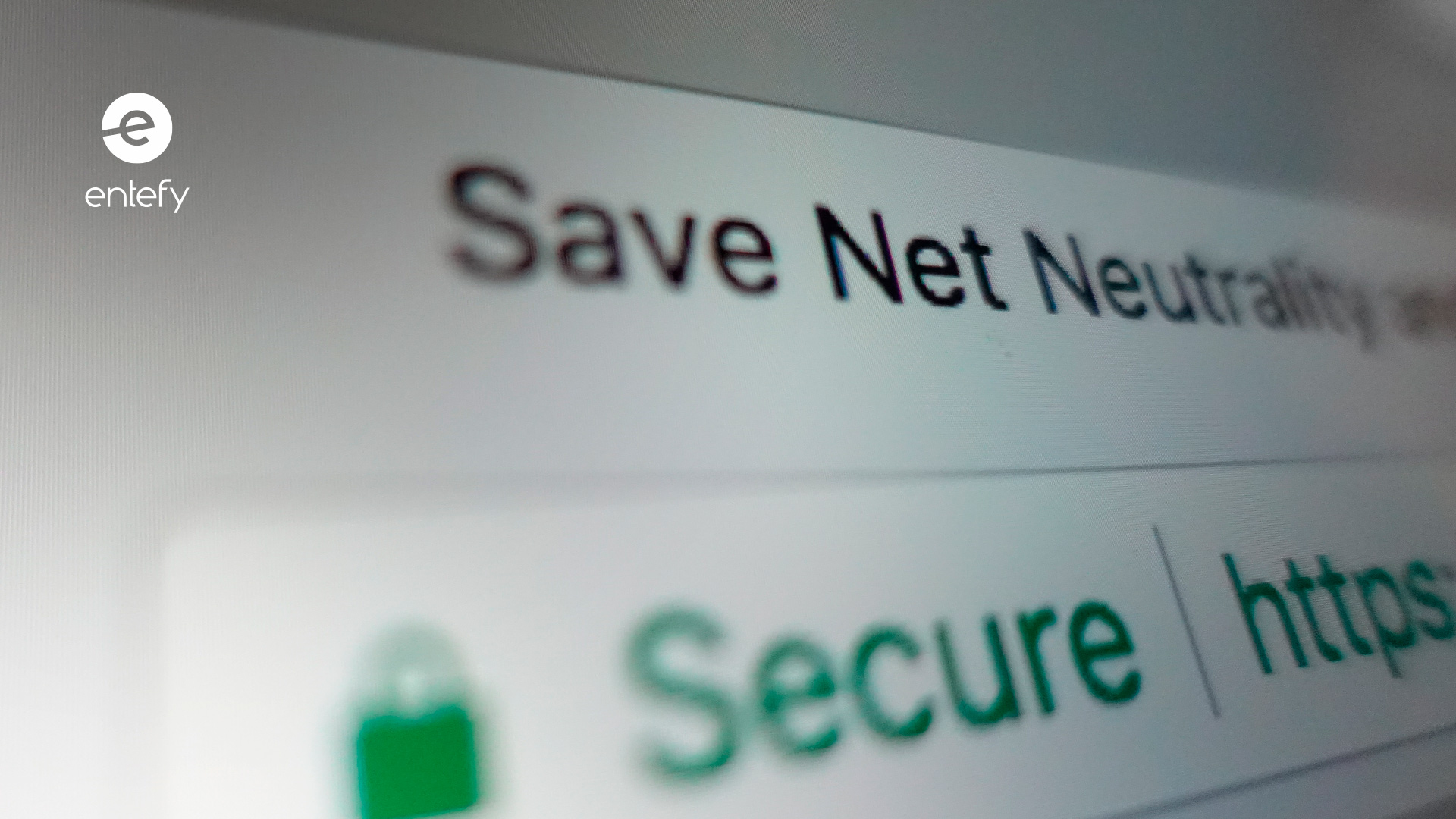On December 14, 2017, the FCC voted to repeal the rules that ensured that Internet Service Providers (ISPs) provide Internet access without restriction, preferences, or prioritization. It was a sad day in the history of the Internet.
The term net neutrality describes the principle of a free, open, democratic Internet where no one website or service is given priority over another. Despite evidence that 83% of Americans opposed its repeal, net neutrality is no longer the law of the land and, instead, ISPs are able to use their pricing power and near-monopoly status in many markets to slice and dice the Internet in whatever ways best boost their profits. Without net neutrality, it’s easy to imagine ISPs charging customers extra for “fast lane” access to certain websites—at their sole discretion—in the same way that cable television providers offer tiered pricing and channel packages.
The good news is that the principle of net neutrality isn’t dead. At least not yet. But it will take Congress changing current laws or favorable rulings in the courts to reinstate a free, open Internet.
In case you’re on the fence about net neutrality, or in need of some motivation to take action and show your support, we’ve assembled 6 reasons why net neutrality is a good thing. Each of these arguments on their own justify enshrining the right to a free Internet into law. Taken together, they’re an unassailable argument in favor of protecting the Internet from the narrow interests of a handful of industry Goliaths.
At the end of the article we’ve shared resources for following the net neutrality fight and expressing your support for the cause.
- Net neutrality protects consumers choice and free speech. The top 4 broadband ISPs control 75% of the residential market. For fast Internet (100 Mbps) access, 88% of the country has either one or no provider. And many of the largest ISPs are also content producers, which mean their incentives to limit competing content is complicated at best. At its core, this conflict of interest has free speech implications: “In 1776, Thomas Paine didn’t need the permission of any other content creator or distributor to circulate Common Sense. But without rules prohibiting blocking, throttling, and the like, broadband providers would gain the power to limit what unpopular content flows over their networks—to the detriment of consumers and democracy.”
- Net neutrality is pro-business. The free availability to any kind of information drives personal and corporate productivity, enables new products and services, and allows for healthy competition among established companies and disruptive upstarts. The only businesses that win without net neutrality are the handful of ISPs. “Without net neutrality rules, prioritization of internet traffic by telecom and cable companies would skew the competition for content, as well as tilt the scales in the dissemination of all political and social views in favor of websites and companies that are able to pay internet access providers.”
- Net neutrality is pro-freedom. Without net neutrality, ISPs are allowed to take certain actions that directly impact four Internet freedoms that consumers have come to value highly. Michael Powell, the FCC Chairman under President Bush, defined these freedoms in a 2004 speech: The freedom to access any content, so long as it was legal; the freedom to access any service or application; the freedom to use their Internet connections on any computer or device; and the freedom to get detailed, transparent subscription information from their ISP. These freedoms are now in jeopardy.
- Net neutrality gives consumers the power of choice. In the absence of net neutrality, ISPs have the right—and the financial incentive—to bundle Internet services, including charging more for access to specific websites and services. With few or no options for many, consumers won’t even be able to vote with their pocketbooks when it comes to any new pricing models. ISPs gain the upper hand.
- Net neutrality preserves the competitiveness of the U.S. technology sector. A free, open, non-preferential Internet has an important feature: every company that relies on the Internet for its products or services can compete on even footing with every other. This enables the quintessentially American ideal of fair competition. Without net neutrality, ISPs are in a powerful position of being able to pick winners and losers through their pricing power. Said one economics professor: “U.S. growth and worldwide dominance of high technology would be significantly challenged without network neutrality.”
- Without net neutrality, the U.S. joins the out-crowd. Another result of the FCC vote is that the U.S. joins an exclusive group of countries without consumer protections for free, open Internet access. That group includes North Korea, Saudi Arabia, Cuba, and Iran. Also on the list is Portugal, where the “country’s wireless carrier Meo requires users to pay additionally for apps and services they would like to use, like WhatsApp, Facebook, Snapchat, and Messenger. Video apps are also offered as paid add-ons in a variety of bundles.”
Concerned about the future of the Internet? The fight for net neutrality will continue, so there’s still time to make a difference. The nonprofit Fight for the Future maintains a website called www.battleforthenet.com that features an automated tool for contacting your Congressional representatives. It is a good starting point for learning about the issues and taking action to support Internet freedom.
